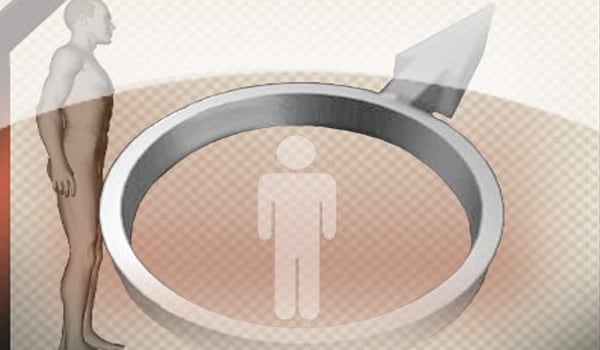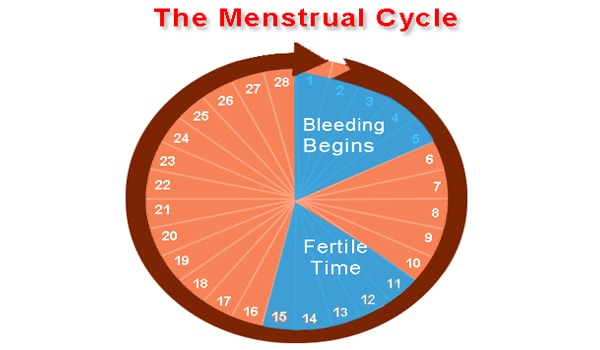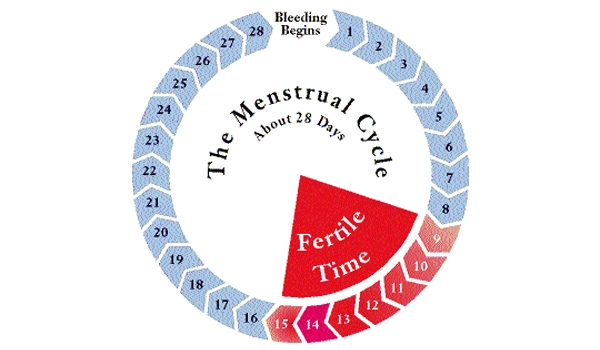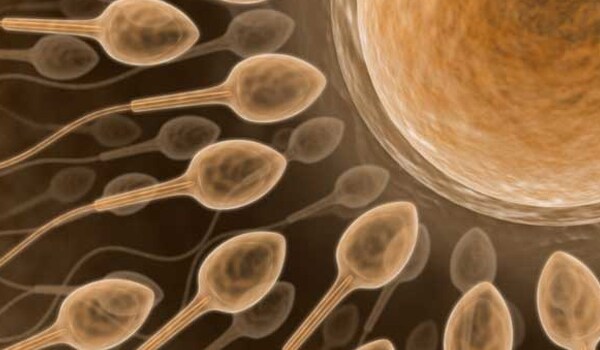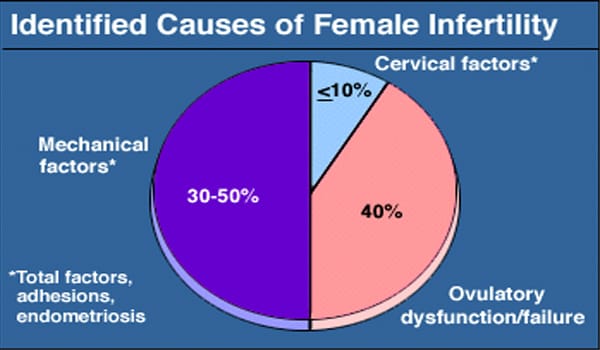Fertility: Facts Vs Myths
Men and women play equal parts in conception, but infertility is often viewed as a "woman's problem." It's important to identify the myths vs the facts so as to treat infertility issues effectively.
-
Ovulation generally, NOT necessarily occurs 14 days before the next expected menses. Therefore, it is crucial for you to note your cycle length, because you cannot calculate your fertile period from day 1 of current menses. Therefore, if you have regular cycles of 28 days, you will ovulate on Day 14; if your cycle is of 30 days, you will ovulate on Day 16. If you have a cycle length of 28- 30 days you will ovulate anytime between Day 14 to Day 16. However, even in women with absolutely regular cycles, the ovulation can occasionally occur 1- 2days earlier or later than the calculated day of ovulation.
-
Although a woman's egg is only viable for 12 to 24 hours, she can actually get pregnant from an act of intercourse that occurs anytime from about five days prior to ovulation to as much as two days after, for a total of about seven possible days to get pregnant.

